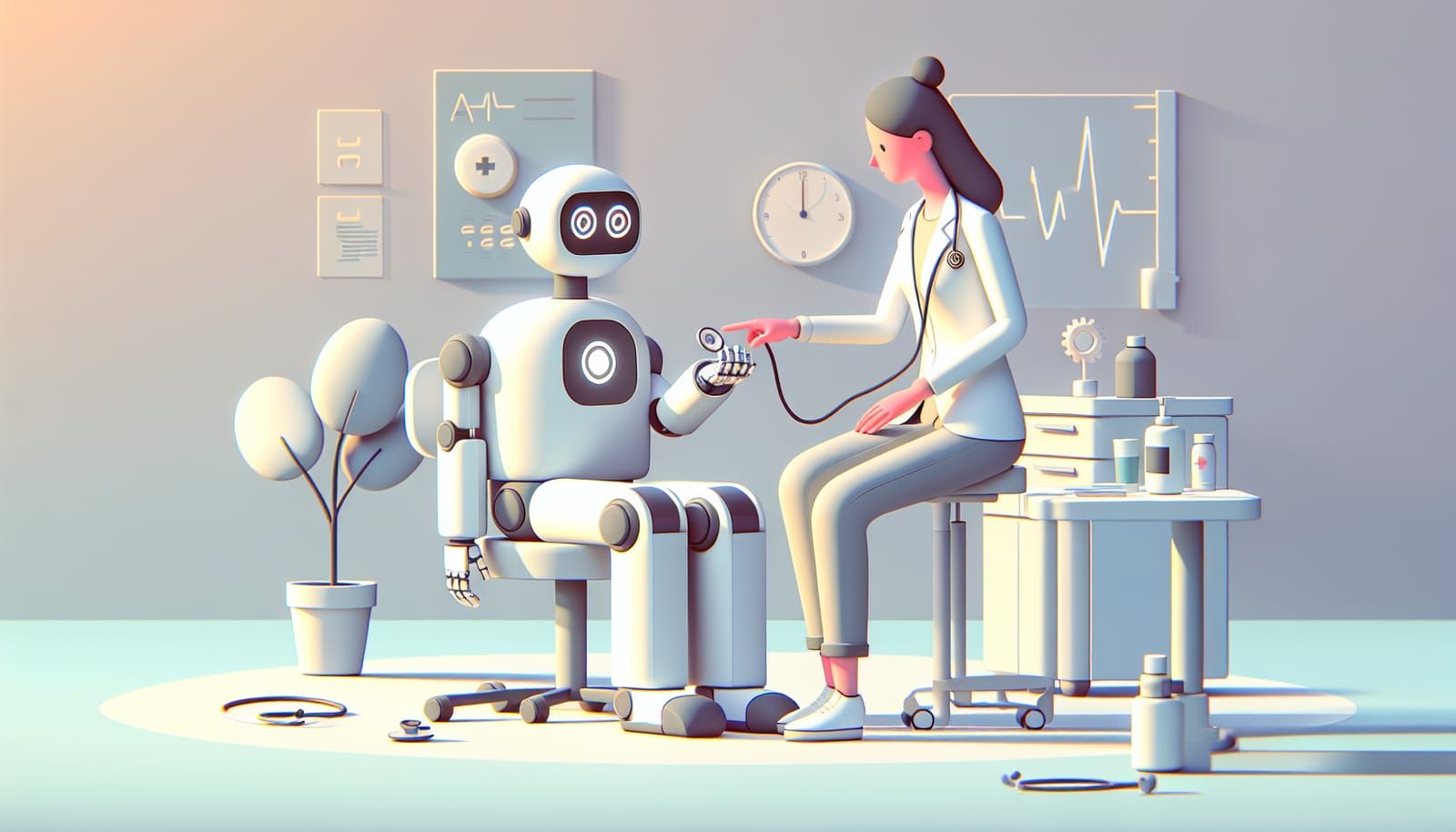Sam Altman: The Double-Edged Sword of AI – Job Losses and National Security Threats
In a world increasingly shaped by technology, Artificial Intelligence (AI) has emerged as a game-changer. Sam Altman, the CEO of OpenAI, recently raised eyebrows in Washington, D.C., where he voiced concerns about the potential consequences of AI on jobs and national security. His insights paint a complex picture of the future, one where AI could both enhance our lives and pose serious risks.
The Job Landscape: Change or Erase?
Altman made headlines at a Federal Reserve conference, where he discussed the likelihood of job losses due to AI. He suggested that some careers, particularly in customer support, might not just change but could disappear entirely. “Some areas… will be totally, totally gone,” he declared, emphasizing that AI might replace roles that involve routine interactions, like customer service.
Imagine calling a company for help and having a super-smart AI handle your request, eliminating the frustrating phone trees and long wait times. Altman envisions a future where AI acts like an exceptionally capable person, answering queries quickly and accurately. “You call once and the thing just happens,” he said, painting a picture of a seamless customer experience.
The Other Side of AI: Caution and Human Insight
While Altman’s views on job losses have stirred debate, not everyone agrees with his outlook. Manoj Chaudhary, the Chief Technology Officer at Jitterbit, cautioned against hastily deploying AI without careful planning. He argues that the real threat to jobs comes from poorly thought-out implementations rather than AI itself.
Chaudhary warns that rushing into new technologies can lead to overlooking the human insights that are crucial for success. AI may excel in speed and efficiency, but it often lacks the empathy and nuance needed in many situations. Companies aiming for quick fixes might find that they lose the human touch that drives genuine value and connection.
AI in Healthcare: A Cautious Revolution
The influence of AI extends beyond customer service into critical areas like healthcare. Altman claimed that AI systems, such as ChatGPT, can already outperform many doctors in diagnosing illnesses. “ChatGPT today… is like a better diagnostician than most doctors in the world,” he confidently stated.
However, in a moment of honesty, he admitted he wouldn’t trust AI alone with his health. “I really do not want to… entrust my medical fate to ChatGPT with no human doctor in the loop,” he confessed. This highlights the delicate balance between embracing AI advancements and maintaining human oversight, especially in sensitive areas like health.
National Security Concerns: A Growing Threat
As a leader in the AI field, Altman also expressed deep concern about the potential misuse of AI for national security threats. He warned of the possibility that hostile nations could leverage AI technologies as weapons, potentially crippling vital systems, including the financial sector. His fears are not unfounded, considering the rapid advancements in voice cloning technology, which could be exploited for fraud.
Altman’s apprehensions reflect a broader trend in Washington, where discussions about AI have shifted from cautious regulation to a frantic race to outpace global competitors like China. The stakes are high, and the implications of AI misuse could be profound.
The Path Forward: A Balancing Act
As Altman navigates this complex landscape, he brings two powerful messages to the forefront: AI holds the promise of incredible advancements, but it also carries the potential for significant risks. His visit to Washington, his first major congressional testimony since gaining global recognition, underscores the urgency of these conversations.
The ultimate goal seems to be establishing OpenAI as a responsible leader in the AI space, guiding the development of technology while addressing the associated risks. It’s a balancing act that requires not only technological expertise but also ethical considerations and human oversight.
Embracing the Future of AI
The conversation around AI is just beginning, and it’s essential for all of us to engage in it. As we stand on the brink of a new era, we must understand both the opportunities and challenges that AI presents. The future of work, healthcare, and national security is being rewritten, and it’s up to us to shape it.
In this exciting landscape, AI can be a helpful tool for everyone. Whether it's assisting with mundane tasks, providing learning opportunities, or enhancing decision-making, the possibilities are endless. However, it is crucial to approach these advancements thoughtfully to ensure they serve humanity positively.
Conclusion: A Shared Responsibility
In summary, the insights shared by Sam Altman shed light on the dual nature of AI—its transformative potential and the real dangers that accompany it. As individuals, businesses, and governments engage with these technologies, it’s vital to remain thoughtful and informed. The future is bright, but it’s our responsibility to steer it in a direction that is beneficial for all.
As we embrace the age of AI, let us remember that technology is only as good as the values and intentions behind it. By fostering a culture of innovation grounded in ethics and human oversight, we can unlock the full potential of AI while minimizing the risks. The journey ahead is filled with possibilities, and together, we can navigate this exciting new world.


